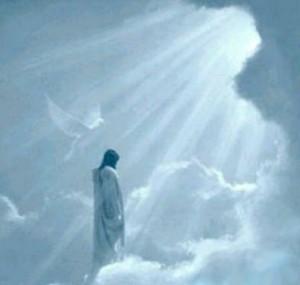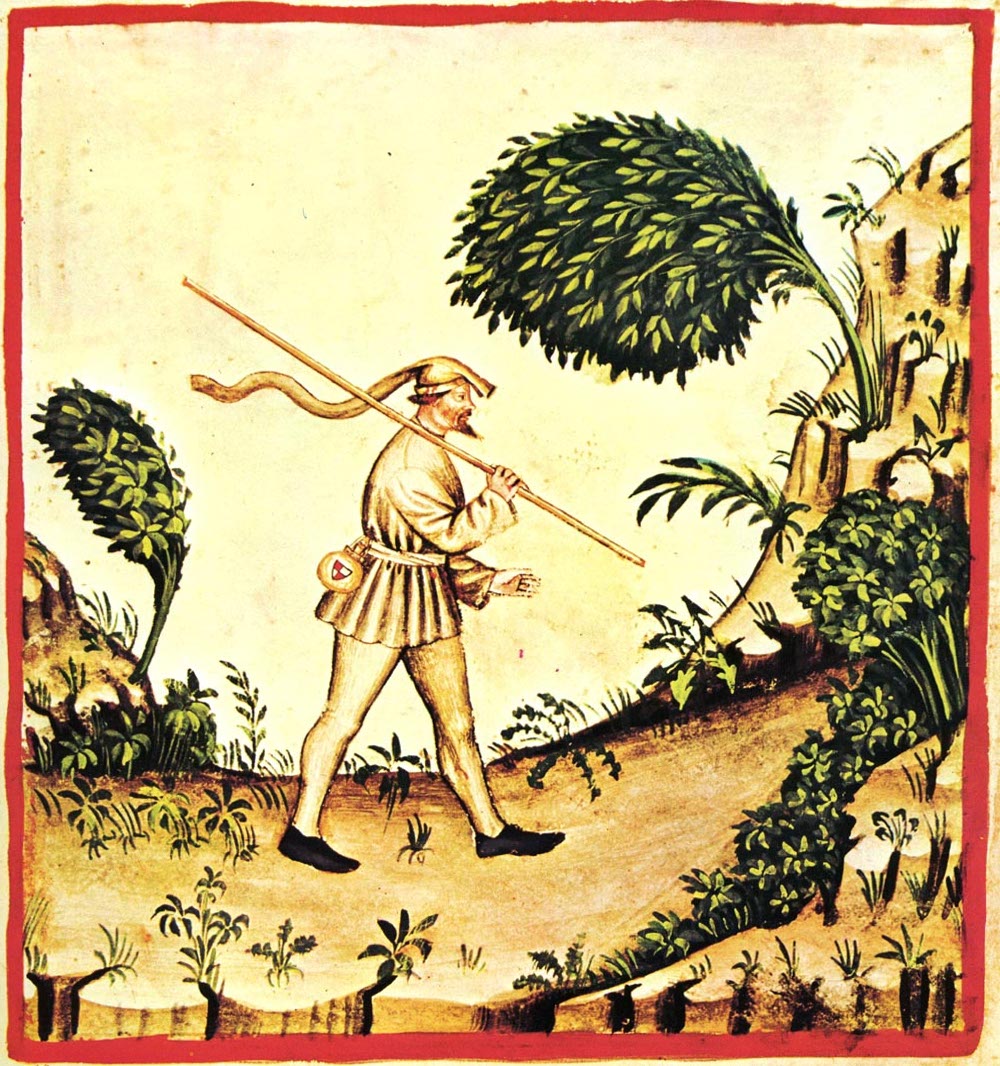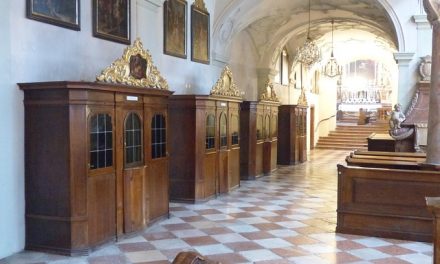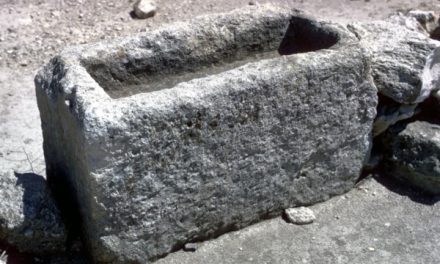During World Youth Day, I was interested (but not surprised) to learn that pilgrims wanted to know more about heaven and hell.
As chaplain, I’d spend each day with a different group — exploring Krakow, attending events, finding food, waiting in queue. (There were a lot of queues!) In conversation, I kept to ‘secular subjects.’ I’d start conversations about school, or politics, or the footy, or travel, or whatever.
Conversation turned to the supernatural or spiritual only when a pilgrim raised those subjects. And then the audience would grow. Suddenly there were three people in the conversation, or four, or six, or more. It became informal catechesis — pilgrims would ask questions, and I’d do my best to give the Catholic answers. And then the discussion always — always — moved to heaven and hell.
So I can imagine that the question Jesus fields in today’s Gospel — “Sir, will there be only a few saved?” — was probably asked of him many times.
Our Lord replies in typical fashion. He doesn’t give a direct answer. He doesn’t say, “Only a few will be saved,” as the Pharisees taught. He doesn’t say, “Most or all will be saved,” as the modern world teaches.
Instead, he moves the focus away from general statistics and towards the individual. He looks his interlocutor in the eye: “Try your best to enter by the narrow door.”
I wish I’d thought of this gospel in Poland, when I fielded similar questions. I did, at least, apply its principles. What Jesus wants is clear:
- he wants us to be responsible for our choices;
- he wants to lead us to heaven;
- but he needs us to follow his lead.
We have to do our part. It’s not enough to have a superficial knowledge of Christ. We have to have a living, lasting, growing friendship with him. Friendship always involves effort and self-sacrifice, time and energy.
We don’t earn our way into heaven. Even the greatest saints are in heaven because of God’s mercy, not because of justice. But imagine what it must be like at the moment of judgement, standing before Jesus. There we are: our sins exposed by the light of truth; our lukewarm love ice cold in comparison to the burning fire of divine love.
It must take a lot of humility to stand there and seek the Lord’s mercy. It must require profound intimacy with Jesus; a sincere confidence that his love is greater than our sin. Standing there before him must demand a self-forgetful love — I think I could stand it only for his sake, not my own.
It would be easier, less painful, more self-satisfying, to turn away, to demand his departure. To condemn ourselves to hell. This is why Jesus insists we strive in this life to enter through the narrow door.
So let’s ask ourselves: what more can I do to know Jesus? To love him? To serve him?
How is my prayer life? Daily prayer and frequent confession are essential aspects of the Christian life.
How do I relate to my neighbours? We love God only as much as we love the person we like least.
How do I mould my character? Habitual acts of self-denial foster self-discipline and freedom of the heart.
But of course, our Lord doesn’t ask us to navigate the narrow door all by ourselves. He constantly helps and strengthens us, especially through holy communion and the other sacraments.
He loves us so much. Let’s try our best to enter the narrow door.






Do pedophile priests and covering up bishops go to hell?
Do victims who commit suicide go to hell?
When Jesus said “judge not, lest ye be judged,” it was precisely in this context. There’s no way I’ll ever be drawn into answering this question.
But it’s a good question to ask. Believers and non-believers alike are entitled to, and should demand, human justice. But there’s also divine justice to look forward to.